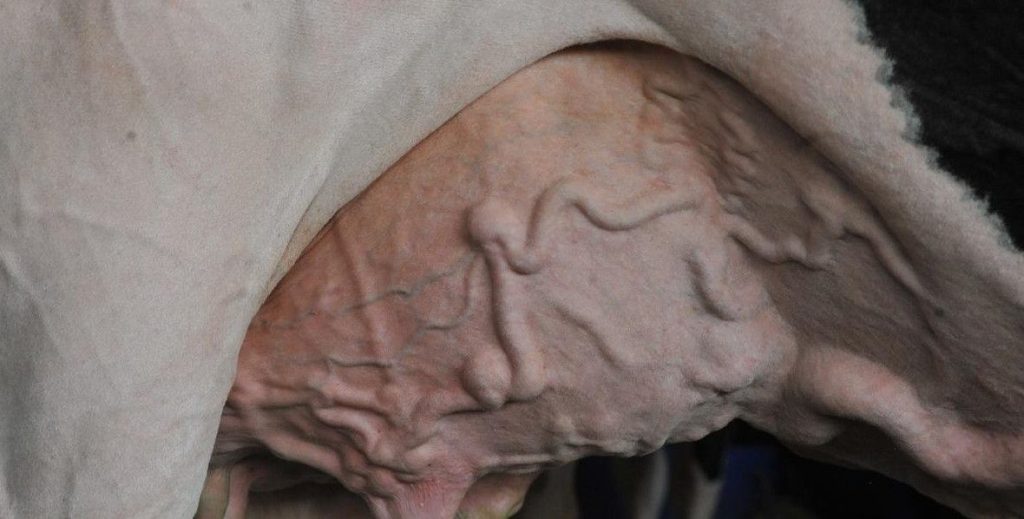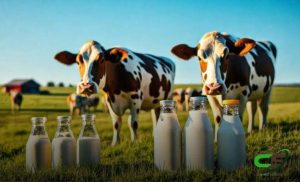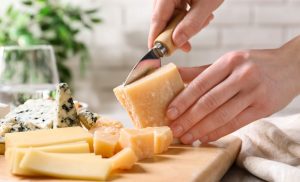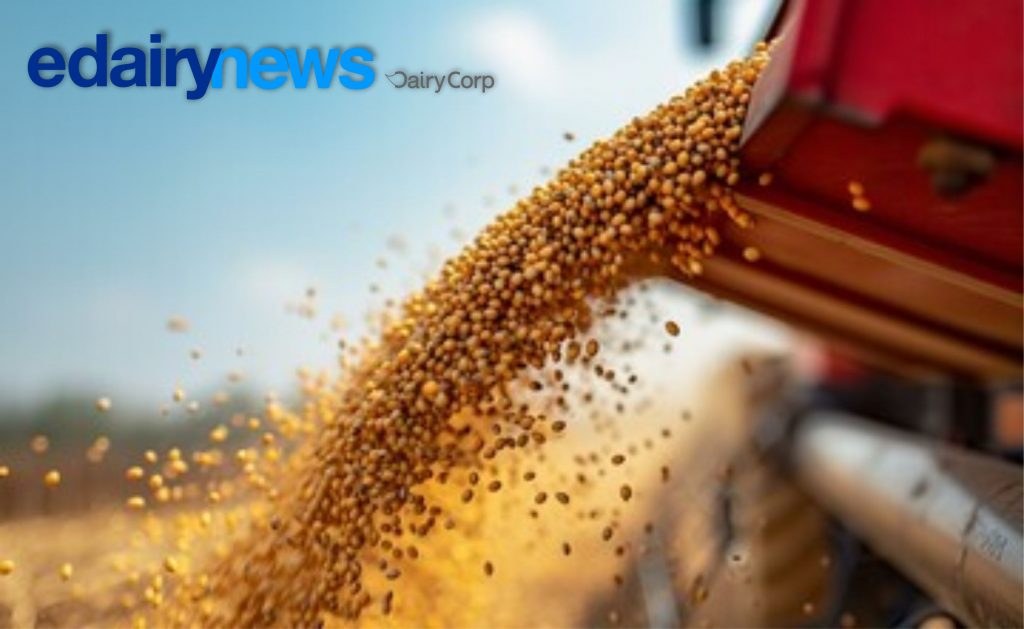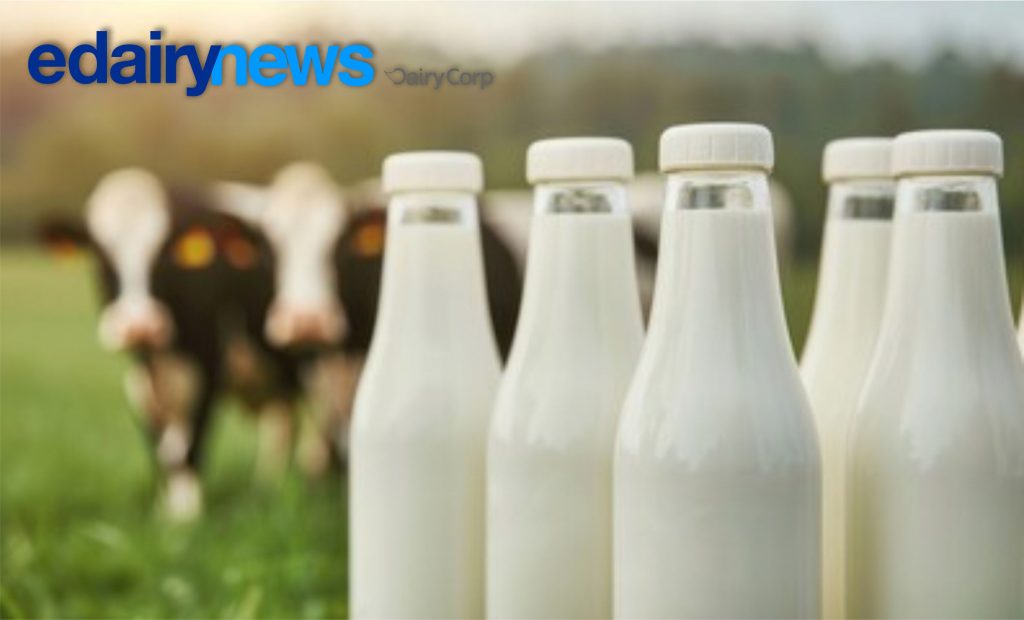“Then, COVID-19 hit. And by mid-March, a government-ordered shutdown forced dairy-buying restaurants closed, instead sending customers to clear out grocery store shelves,” LNP | LancasterOnline’s Sean Sauro reported for a story that appeared in the Sept. 27 Sunday LNP. “It was an abrupt change in the farm-to-consumer supply chain — one that left processors unable to quickly adapt, leading to waste and yet another round of profit loss.”
The pandemic has had devastating ramifications for so many aspects of our lives, economy and culture. LNP | LancasterOnline journalists and these Opinion pages, through editorials, op-eds and reader letters, work to bring the stories and concerns of all those in Lancaster County affected by COVID-19 to the forefront.
Sunday, Sauro examined the difficult and heartbreaking year that local dairy farmers have experienced. Their stories and their livelihoods are intertwined with the necessary shutdowns to keep the deadly novel coronavirus from spreading further in Pennsylvania, causing more deaths and potentially crippling the health care system.
But the necessity of the shutdowns doesn’t lessen the anguish for farmers.
“Overnight, the amount of places that were taking milk just slowed down completely,” Robert Barley, an owner at Star Rock Farms in Conestoga and chairman of the state Milk Marketing Board, told Sauro. “April and May were some of the worst months in recent memory.”
Farmers also found themselves dealing with an inefficient industry and government framework that — for a time — couldn’t provide enough places for perishable products to go.
In a May editorial, we wrote of “the incredibly frustrating scenes of milk being dumped by dairy farmers because there was no market for it amid a pandemic that has jolted traditional buyers and supply chains.” Additionally, “there was no appreciable infrastructure to distribute surplus food from farms to food banks before COVID-19.”
For dairy farmers, profits were literally going down the drain.
“The system is set up in a balanced way, where everything was working and then you had this huge disruption that just threw everything out of whack,” Barley told Sauro.
While the situation has recovered somewhat from that lost spring, there remain no easy answers moving forward for the Pennsylvania dairy industry. Not with the continuing double jeopardy of COVID-19 and an ongoing transformation of the dairy industry. In recent years, LNP | LancasterOnline has detailed the struggles of dairy farmers who have seen the value of milk drop more than 2% since 2012 and are battling to keep their farms viable. Said one dairy farmer in 2018: “I’d rather keep on going, but I don’t see any milk futures as being profitable, so there’s no sense in keeping cows. It’s not profitable.”

